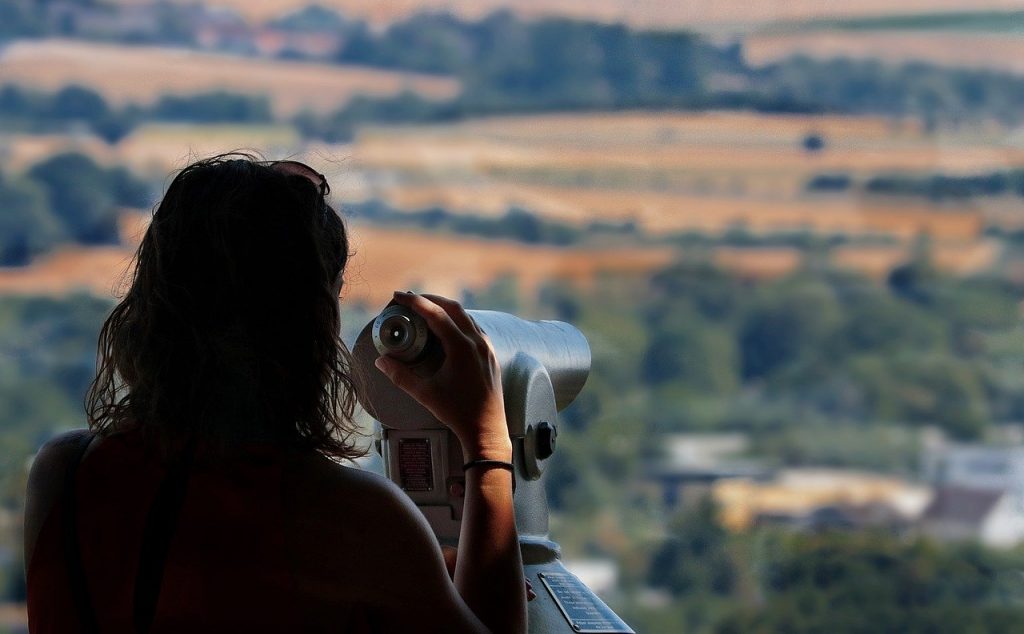Amateur scientists can help advance science and research in several ways. Many amateurs scientists contribute to research and ideas that are useful in many fields, ranging from physics to medicine. Citizen scientists or amateur scientists do not have a formal background in science but are able to spend their time, skills and effort towards making an impact. In fact, amateur scientists have contributed historically to scientific breakthroughs such as the use of penicillin and bacteriophages to big fossil findings.
Amateur & citizen science: Examples and projects
Some amateur scientists can help to invent techniques that can assist in medical research or discover new species that are unknown to the outside world. For instance, John Kanzius, an amateur scientist, helped to invent the Kanzius RF Machine, a device that uses nanoparticles that detect and destroy tumors. His research can be used in the treatment of cancer.
Amateur scientists can contribute to forming the ‘what’ and ‘why’ of a particular subject, and the scientists can help to answer these questions. Both parties can benefit from the results of the research.
It is essential for amateur scientists to share their research with professionals in order to strengthen various science fields. Simple knowledge from amateurs can help to assist mainstream science by adding new information to known fields.
Throughout history, many people who had interests in science had little educational experience. For instance, Frederick Wiiliam Wort helped to discover bacteriophages, viruses that destroy bacteria. Felix d’ Herellehelped to name the viruses in 1917. Herelle did not have much educational experience in the field, but he observed similar patterns in his bacterial culture as in Wort’s studies. Forrest Mims III used homemade equipment to make a Total Ozone Portable Spectrometer, a device that is used to measure ozone levels in the atmosphere.
The work of citizen science has helped to strengthen many science ideas from atmospheric studies to treatment for the control of antibiotic-resistant bacteria. Current citizen science projects include everything from counting penguins to looking for comets.
Knowledge and Learning: Two Main Ingredients for Amateur Research
In today’s world, anyone can be an amateur scientist as we have a wealth of information available both in print and digitally. For instance, an amateur scientist can read in books about the use of plant compounds in controlling antibiotic resistant microorganisms and/or cancer cells in the human body. Later, the researcher can search for online journals and articles on further research of these plant compounds in experiments that can control harmful cells. The information can be passed on to others in studying how to use the compounds and/or plant species in making treatments or cures for the specific disease.
For many amateurs, performing an experiment with simple equipment can help to understand the laws and subjects of the natural world. For instance, an amateur scientist can use a microscope and an eyedropper to observe some cyanobacteria that were gathered from a terrarium and fungi from the inside of an old, moldy milk carton. These microorganisms can be used to study their relationship with plant growth. The scientist can used literature to identify similar research about plant-microbe relationships. Through this research, the amateur can learn about some microbes such as cyanobacteria, purple bacteria, and fungi species that can help in plant growth. This study can be useful in agriculture and forestry projects someday.
Social Media: An Effective Tool for Amateur Scientists
Amateur scientists can use social media to raise questions, talk about their research and converse with scientists. Several scientists are easily accessible on Twitter, Facebook and Reddit. Labspace is a platform for scientists to post articles and discussions. Ordinary people that have a strong interest in science can participate with many groups on Facebook, such as the Society of Amateur Scientists and The Citizen Scientist League that can help people to perform science and share ideas with other experts. The user can connect with other scientists in the groups to share ideas and interests.
Although many professional scientists think that social media such as Facebook are a poor way of sharing research, they can be useful for amateur scientists to spread the word about science. People in these groups can use the research and links to further their research and/or interest. Therefore, the use of online resources is essential for spreading knowledge to anyone who has an interest in science.
Of course, social media is a double-edged sword: there is also the risk of fake news spreading rapidly on these websites. The presence of professional scientists on social media can help reduce the risk of fake news in science writing and journalism.
Amateur science and citizen science is needed for the support and advancement of several scientific fields. Greater acceptance and involvement of amateur scientists in mainstream academic science can be beneficial.
